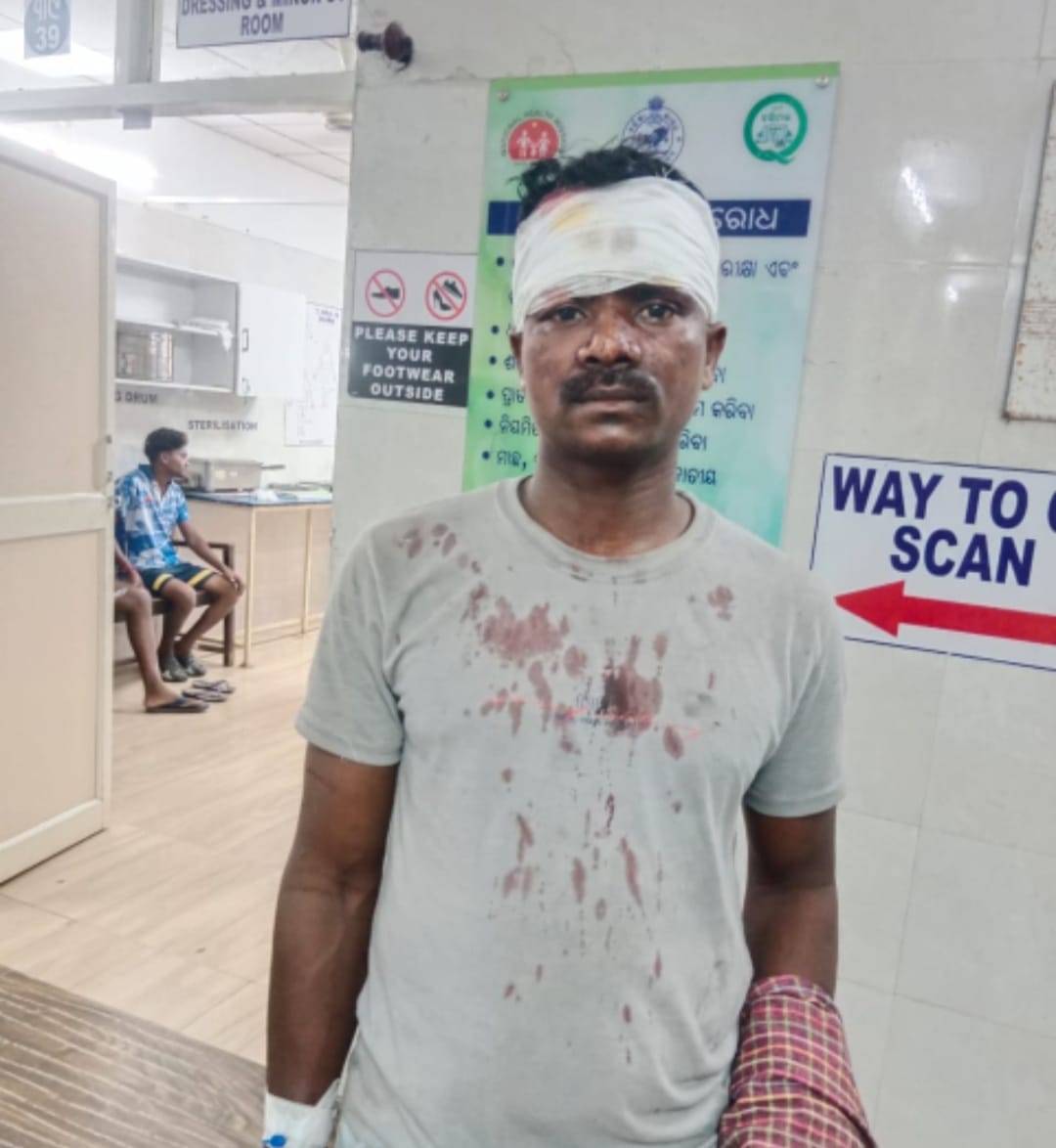MUMBAI, India – The World Day of the Sick is a day “to be in solidarity with the suffering” of those who are ill and infirm, according to Bishop Allwyn D’Silva, auxiliary of the Archdiocese of Bombay.
The World Day of the Sick is marked on February 11, the Feast of Our Lady of Lourdes. The year’s theme – chosen by Pope Francis – is taken from Matthew 11:28: “Come to me, all you who labor and are burdened, and I will give you rest.”
“In these words, Pope Francis highlights that Jesus promises comfort and repose to the sick, the oppressed and the poor. In addition to therapy and support, individuals experiencing illness require love. Thus, a personalized approach to the sick is warranted, that includes both curing and caring in view of an integral human healing,” D’Silva told Crux.
The Archdiocese of Bombay – which covers the Mumbai metropolitan area, as well as extending further into India’s state of Maharashtra – has over 40 healthcare institutions, including hospitals, clinics, dispensaries and treatment centers.
“The sick have to be treated with dignity, as persons. It is essential to be sensitive to the ‘caring’ aspect. Nowadays, we rush the sick to hospitals and put the onus of care and cure on the medical system. It is easy for the human touch to be lost in this set-up of tests, drugs and machines,” D’Silva continued.
“Consequently, the sick, their loved ones, as well as healthcare professionals, all end up feeling overwhelmed. You will agree with me that this is not a very optimal environment for healing. How then can we care better so as to optimize healing?”
The bishop told Crux that healing is not just about recovering from an illness, but about becoming whole, “which cannot be achieved without love, acceptance, peace, forgiveness and self-forgiveness.”
“As caregivers, therefore, we have a daunting, but pivotal, role in facilitating healing, as we tend to the physical, emotional and spiritual well-being of the sick,” he said.
“The emotional well-being of a sick person is greatly compromised by the loss of normalcy. They may be unable to maintain their daily routine and miss out on familiar sights and sounds. These losses contribute to their distress and restrict healing,” D’Silva explained.
He said caregivers must help “restore normalcy” as much as possible, even if the sick are confined to a hospital or other institution.
“In our role as caregivers, the most difficult, but most vital, task we undertake is to be a healing presence. To adequately nurture the sick, we must set aside our own concerns and fears, so that we can be open to their needs and fears, as they suffer through debilitating symptoms and existential concerns,” the bishop said.
D’Silva said caregivers must try and not be too preoccupied with their own worries, since this can hinder the ability “to be attentive, patient, sensitive and responsive.”
“Let us look to Jesus who says, “Come to me,” promising rest without any expectations whatsoever, and with the sole aim to love and nurture. May we emulate Christ so that the sick find comfort in our presence and care,” the bishop said.
Crux is dedicated to smart, wired and independent reporting on the Vatican and worldwide Catholic Church. That kind of reporting doesn’t come cheap, and we need your support. You can help Crux by giving a small amount monthly, or with a onetime gift. Please remember, Crux is a for-profit organization, so contributions are not tax-deductible.















